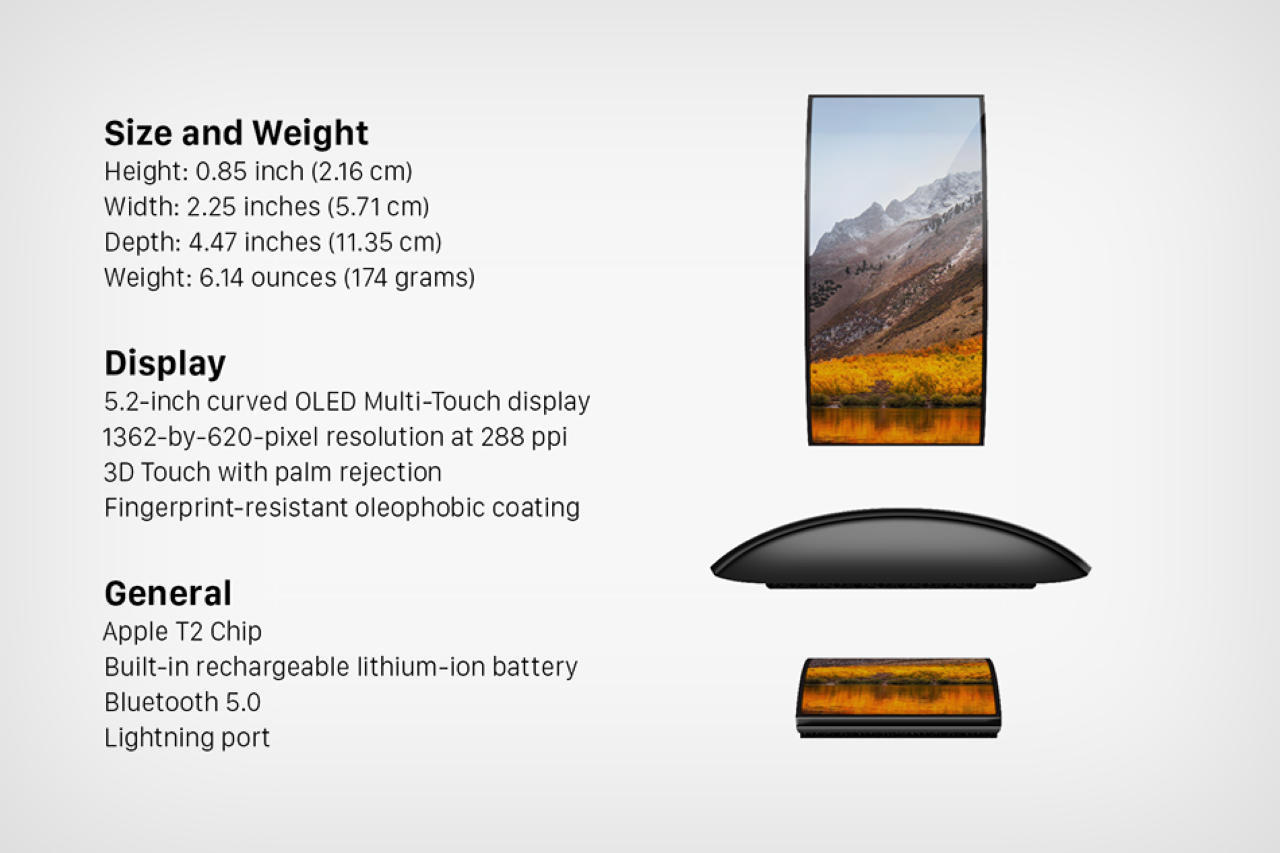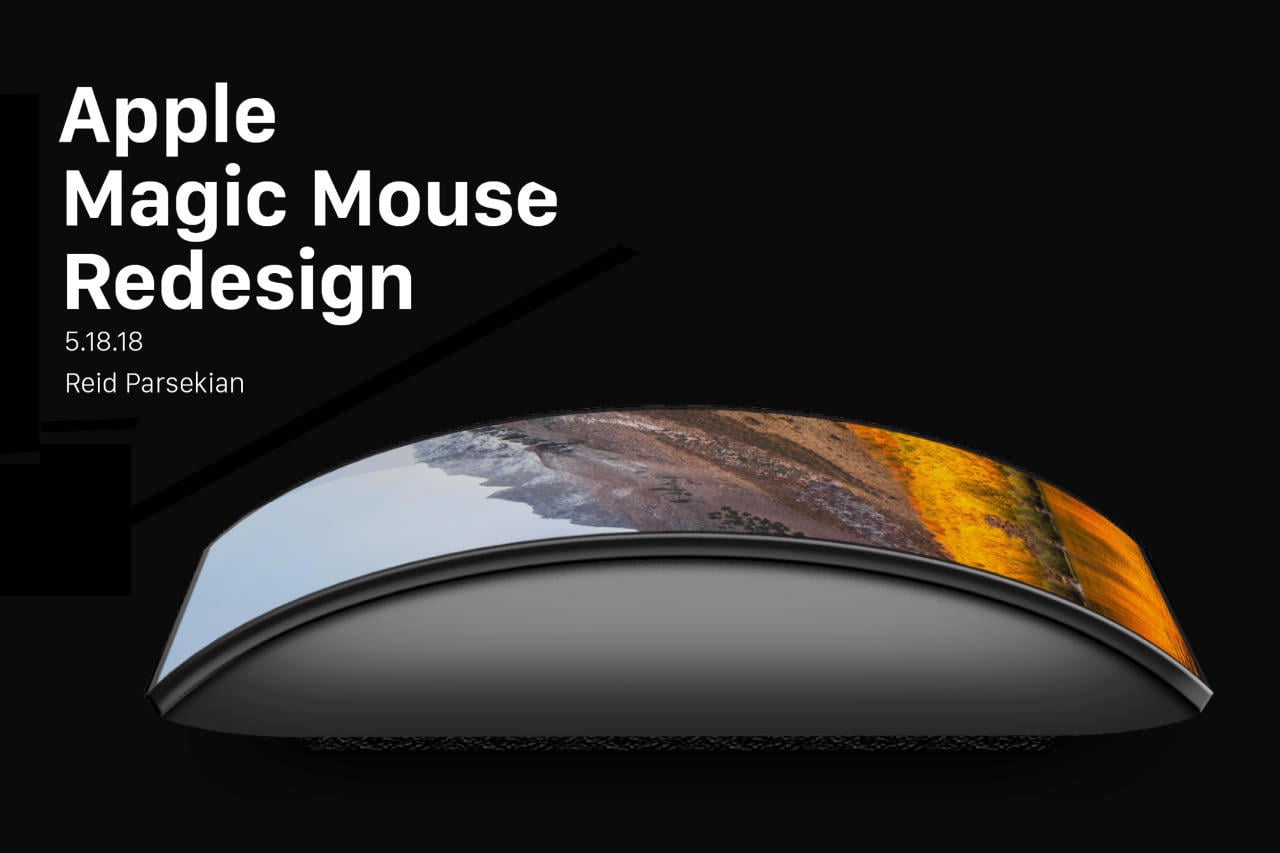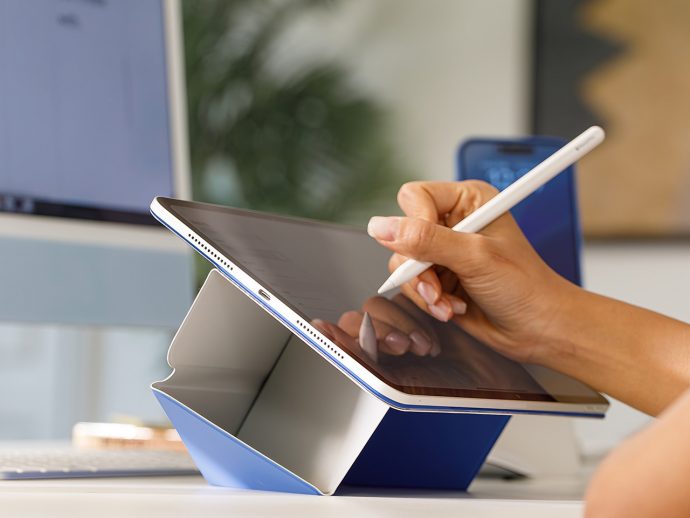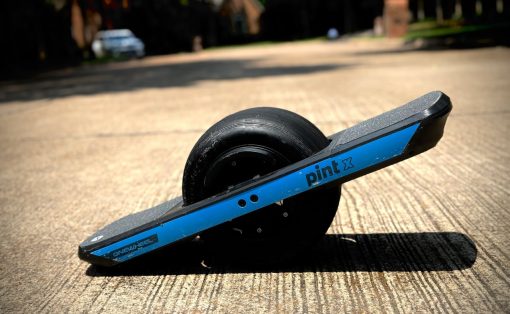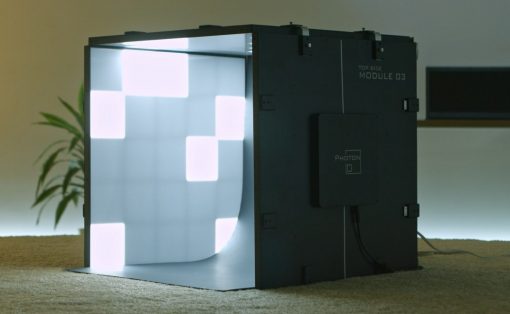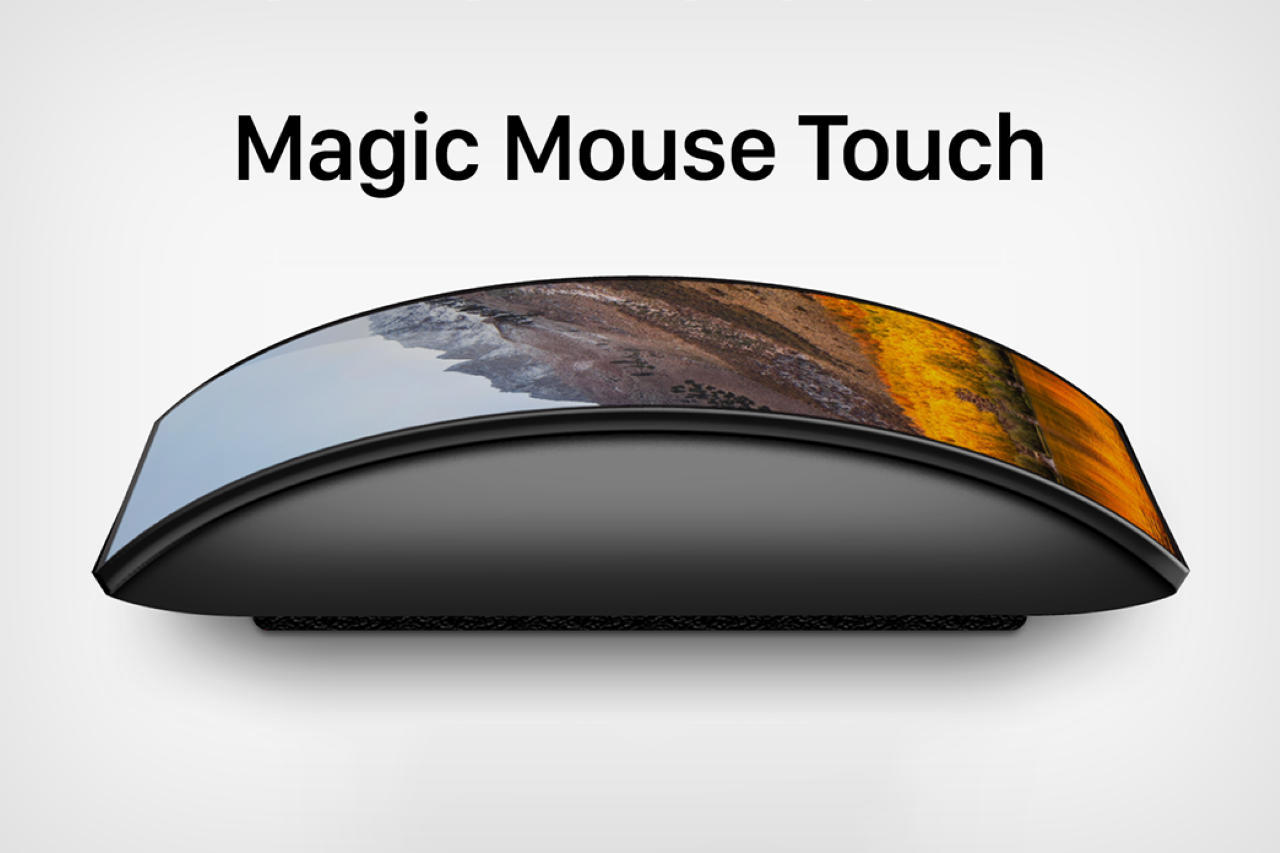
I have quite a few problems with the Magic Mouse… the lack of a display isn’t one of them, but designer Reid Parsekian makes a fairly compelling pitch. In the past 13 years, the Magic Mouse hasn’t seen any fundamental design changes. Sure, Apple did upgrade the mouse 7 years ago, ditching the AA batteries for the atrocious ‘lightning port on the bottom’ design detail… but overall, Apple didn’t really solve existing problems with the Magic Mouse. Rather, it created a new one.
The Magic Mouse holds unlimited potential, but it seems like Apple may have just dropped the ball on their ‘most hated product’. Determined to fix this, designer Reid Parsekian decided to tweak the Magic Mouse, giving it a nifty new feature in the form of a sprawling curved display on top of the mouse. For Parsekian, Apple’s Touch Bar on the MacBook held immense potential too, but just happened to be at the wrong place at the wrong time. Bringing the Touch Bar to the Magic Mouse, Parsekian hopes to make the mouse much more usable and appealing to Apple’s pro user-base. The “Magic Mouse Touch” is the external display you never thought you needed… and it’s probably a better mouse too.
Designer: Reid Parsekian
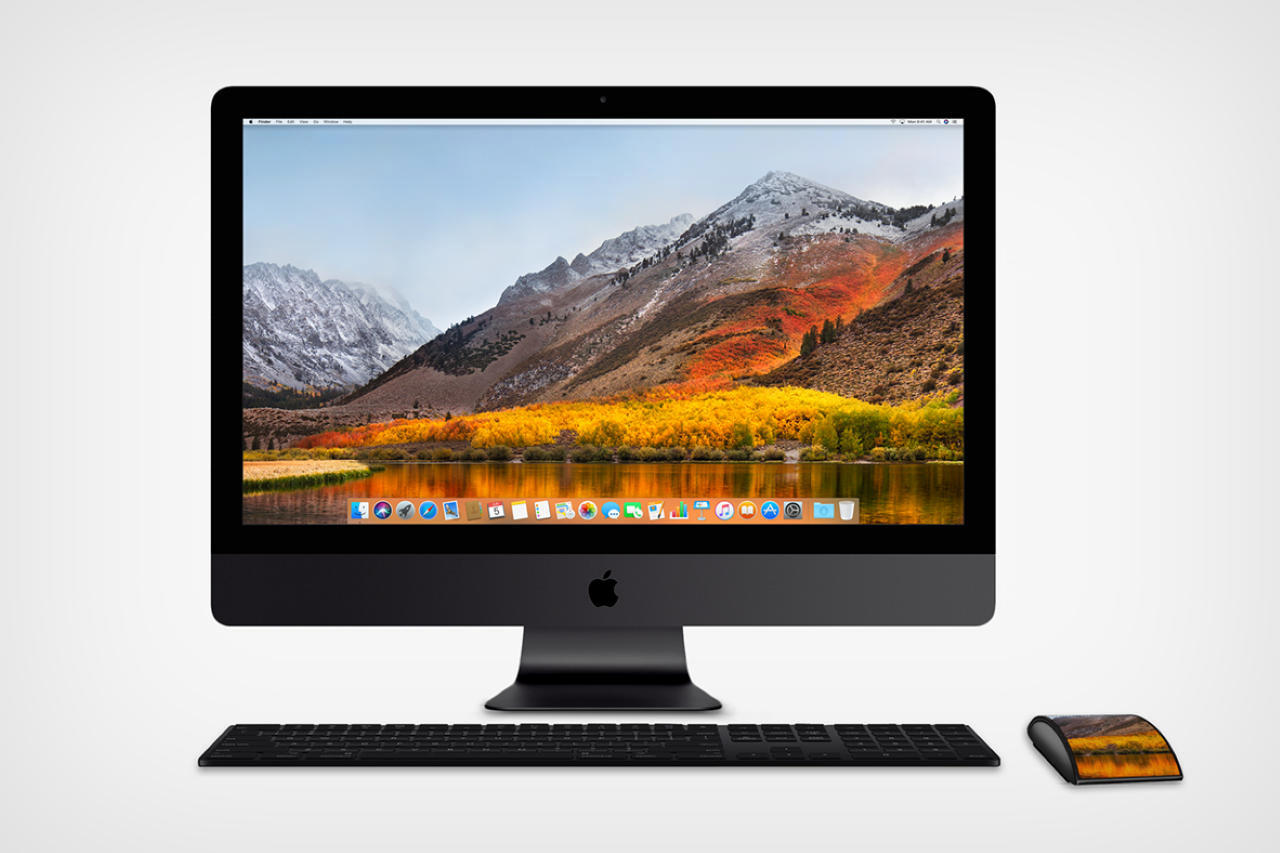
For Apple, the Magic Mouse was always a bit of an afterthought, which is why it hasn’t fundamentally changed in a decade. The Magic Mouse Touch gives the computing peripheral the dramatic change it needs, by adding a display where it truly matters. The mouse uses a 5.2″ curved OLED display not too different from the one seen on iPhones, and pairs with your existing MacBook, Mac, or iMac to work like a standard mouse does. However, once paired, the display on the mouse transforms into a purpose-driven external screen that’s perfect for previews, control centers, and other digital elements that you don’t necessarily want on your main screen.
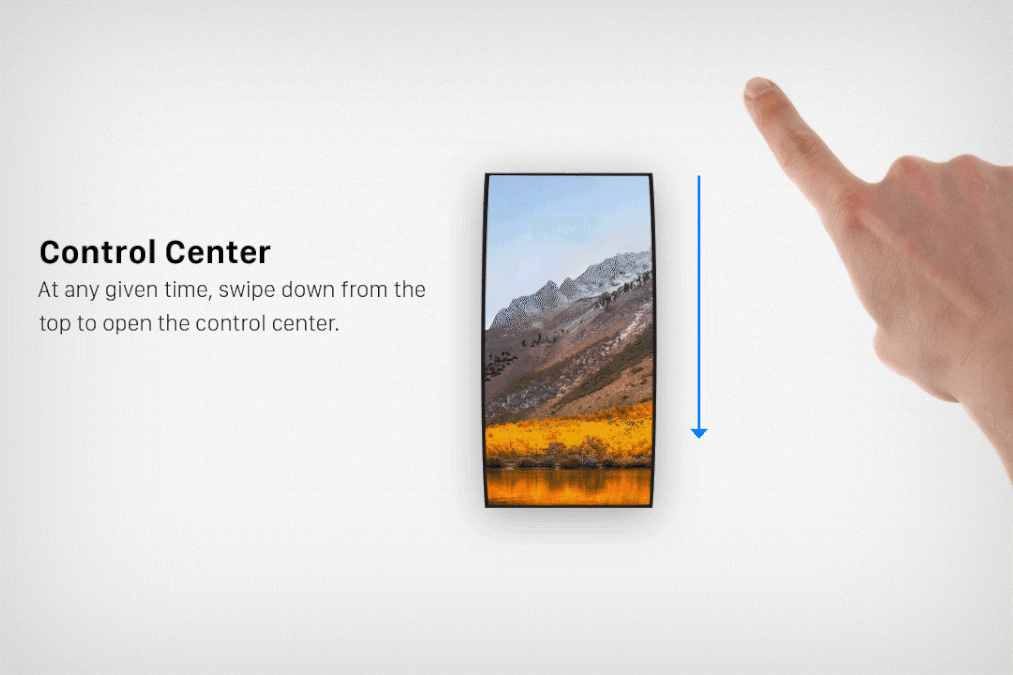
Cleverly enough, the Magic Mouse Touch doesn’t come with a 100% touch-sensitive surface. Quite like its predecessors, only its upper half accepts touch inputs, while the lower half lets you comfortably rest your palm without worrying about any accidental touches or swipes. The upper half of the mouse works just like the existing Magic Mouse, supporting clicks, double-taps, and other popular gestures. Swiping from the top brings up your paired device’s control center, although the UI still needs fleshing out in my opinion. You could use the mouse to remotely control playback without actively shifting to the program or the tab playing audio or video. The mouse could also act as a notification center, so you don’t get pop-ups on your main screen as you work.
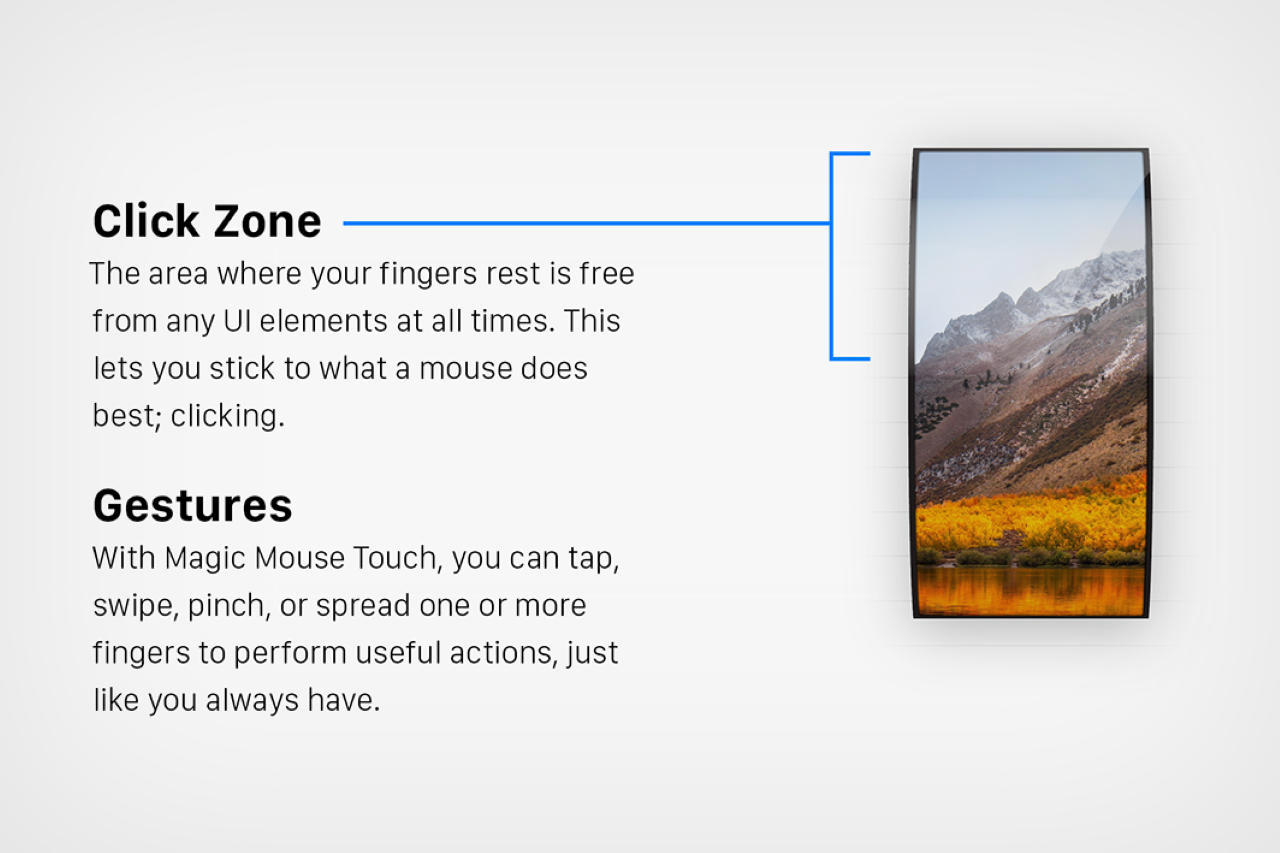
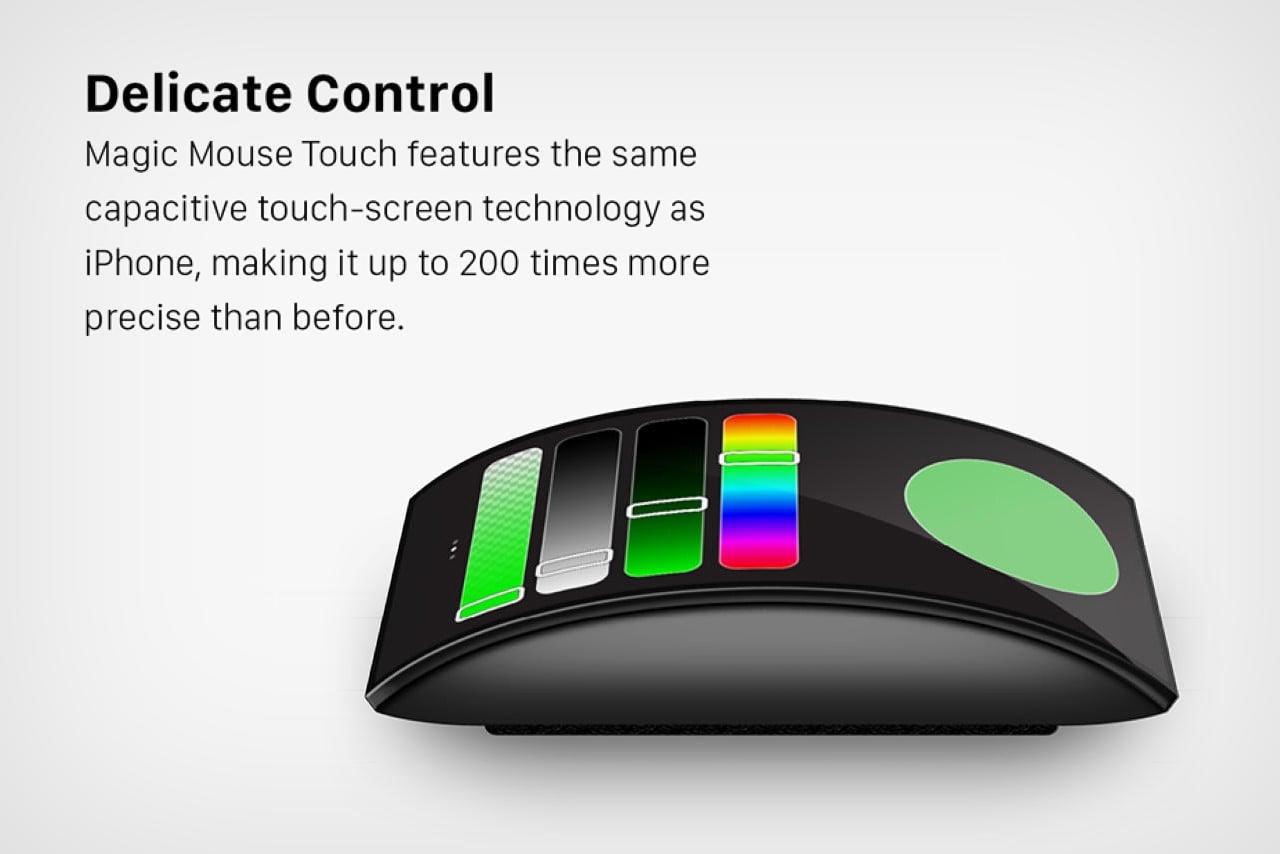
Functionally, the Magic Mouse touch offers a much more sensitive touchscreen experience too, giving you the same level of sensitivity as an iPhone’s touchscreen. More than just gestures, this unlocks an entirely new domain of usefulness and productivity, letting you remotely trigger apps and software, scribble notes/emojis or even sign documents, and use the mouse as a powerful shortcut and editing accessory for your workflow.
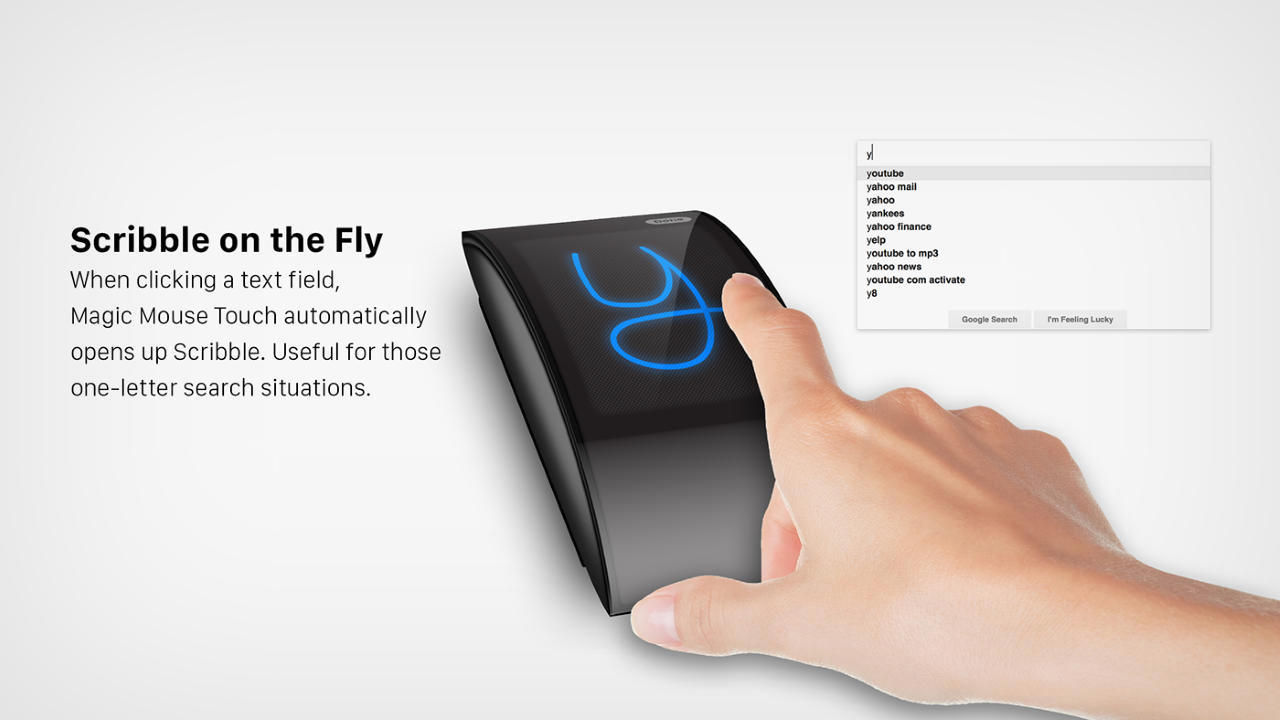
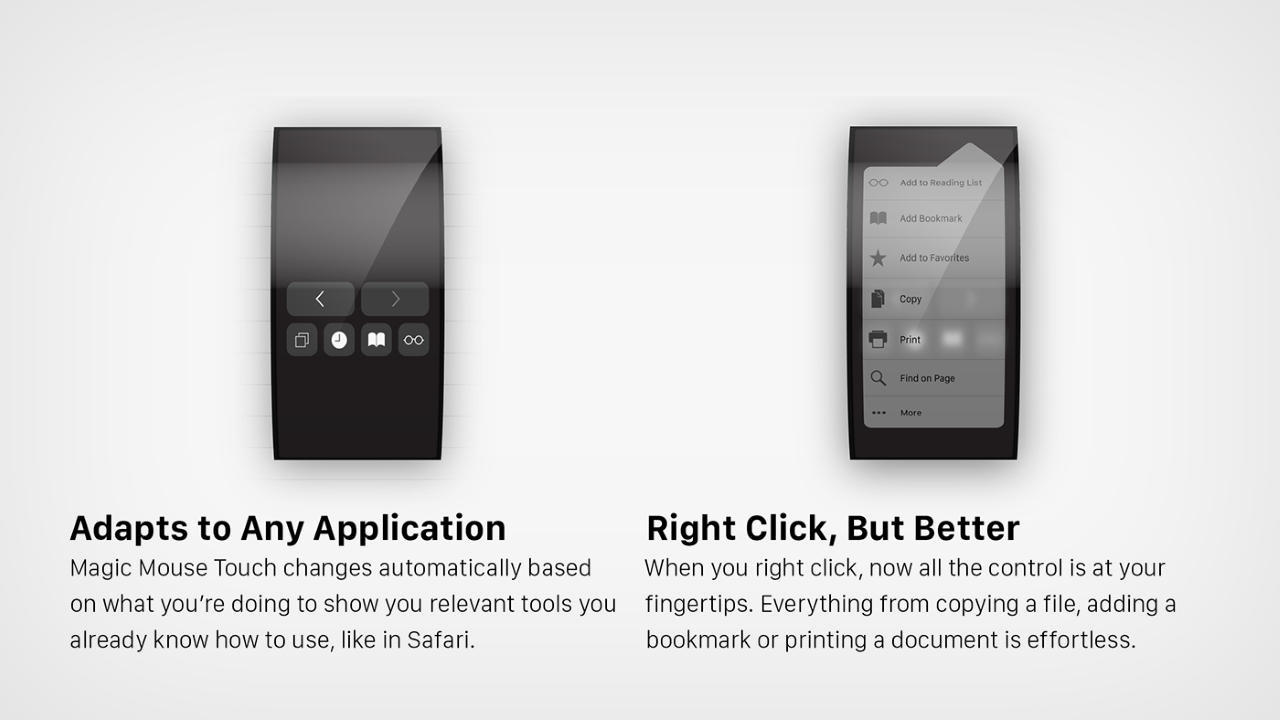
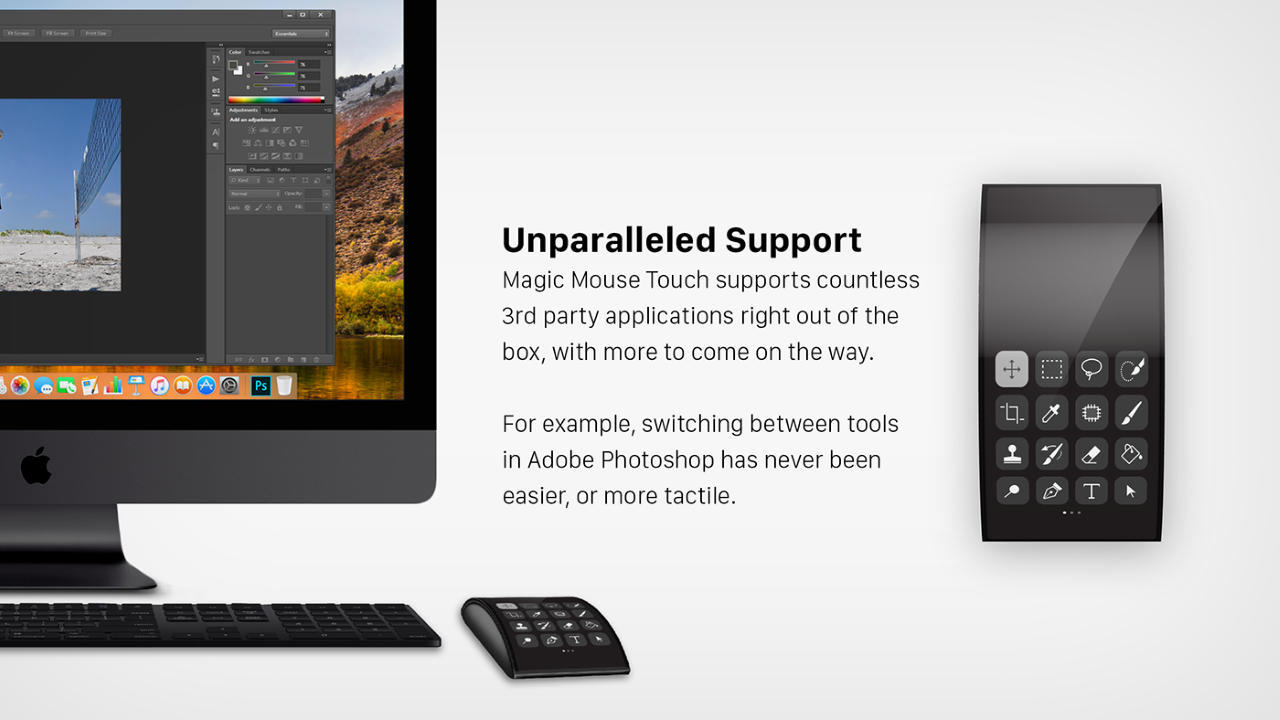
The Magic Mouse Touch takes Apple’s computing accessory in a completely new direction, offering a whole list of new features that sound pretty exciting on paper… however, Parsekian seems to have missed out on fixing the two core problems with the mouse – its ergonomics, and its lightning port placement. At 0.85 inches in height, the Magic Mouse Touch still lacks that beefy, grippy design that’s characteristic of other mice. This effectively means its battery remains largely unchanged too, and considering the battery now has to power a 5.2″ 288ppi display, that’s bound to have a draining effect on the Magic Mouse Touch’s battery… which brings us to the Magic Mouse Touch’s second oversight – the charging port conundrum. From just the renders, it doesn’t seem like Parsekian shifted the charging port (or even swapped it to USB-C from Lightning). Sure, a large touchscreen display for a mouse sounds highly interesting (it actually got me excited for a second), but a few more design tweaks could make this Magic Mouse Touch a lot more appealing to people struggling with the current Magic Mouse’s design flaws. For at least one of the Magic Mouse’s flaws, there’s an ergonomic base you could buy on Amazon.
